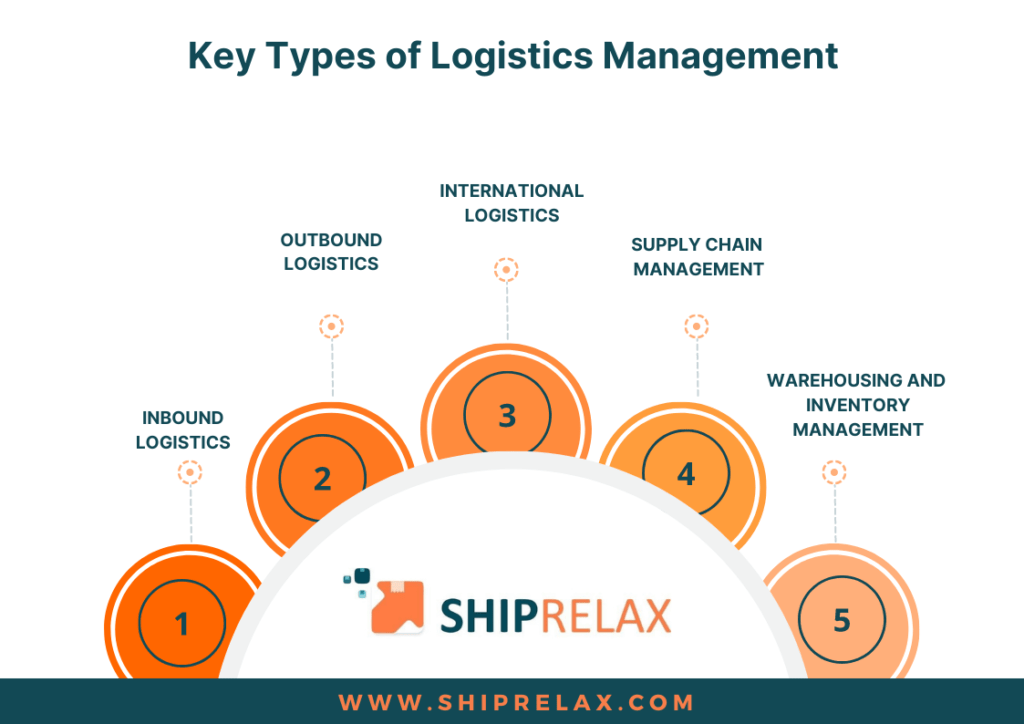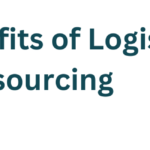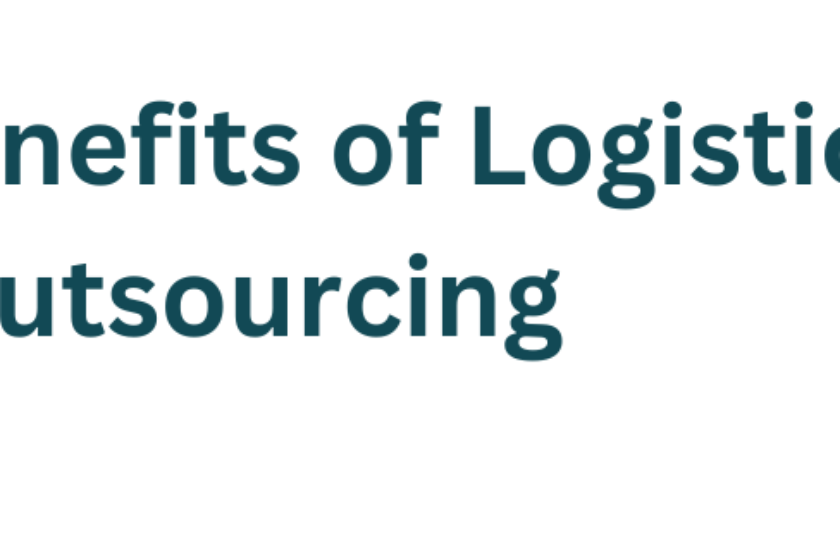Logistics management plays a very important role in supply chain operations, including various activities such as the efficient flow of goods, services, and information. In this blog, we will explore various types of logistics management, where each serves a specific purpose by which it optimizes various aspects of the supply chain. Understanding these different types will help businesses enhance their logistics operations.

1. INBOUND LOGISTICS
Inbound logistics as the name suggests includes the movement of materials, goods, and components from different suppliers and vendors to organization warehouses. It involves tasks such as procurement, transportation, receiving, and inventory management. Effective inbound logistics ensures a reliable and timely supply of the inputs to support the logistics operations.
2. OUTBOUND LOGISTICS
Outbound logistics deals with the movement of finished products from an organization’s warehouse to customers or distribution centers. It includes different processes like order processing, packing of the products, warehousing, transportation, and delivery. By streamlining outbound logistics businesses can ensure accurate and timely order fulfillment, which in turn enhances customer satisfaction and loyalty.
3. INTERNATIONAL LOGISTICS
International logistics pertains to the management of logistics operations across different borders. It involves dealing with customs regulations, documentation, freight forwarding, cross-border transportation of goods, and compliance with international trade laws. International logistics requires a high level of coordination to navigate the complexities of cross-border markets and ensure smooth and safe operations in the international area.
4. SUPPLY CHAIN MANAGEMENT
Supply chain management consists of the coordination and integration of various logistics activities, including procurement, production, inventory management, and distribution. It aims to optimize the flow of goods, services, and flow of information across the supply chain, from suppliers to customers. Effective supply chain management allows you to enhance collaboration. Improves efficiency, helps you to reduce costs, and enhances customer satisfaction.
5. WAREHOUSING AND INVENTORY MANAGEMENT
Warehousing and inventory management involve the efficient storage, organization, and tracking of goods within a warehouse or distribution center. It includes activities such as inventory control, space optimization, order picking, packing, and storage management. Effective warehousing and inventory management ensure accurate stock levels, minimize storage costs, and enable smooth order fulfillment.
Warehousing and inventory management involve the efficient storage organization and tracking of goods within a warehouse or distribution facilities. It includes activities such as inventory, control, optimizing space, order picking, packing, and storage management. Effective warehousing and inventory management ensure accurate stock levels, help you to minimize storage costs, and enable smooth order fulfillment operations.
Shiprelax is a comprehensive logistics management solution that excels in handling various types of logistics management. From inbound/outbound logistics to international logistics, Shiprelax offers tailored solutions to optimize your supply chain. With its advanced features and capabilities, Shiprelax provides efficient and effective solutions, ensuring smooth operations and better outcomes for your business.
Logistics management consists of a diverse range of types that collectively contributes to the smooth functioning of the supply chain.





Awesome https://is.gd/tpjNyL
Good https://lc.cx/xjXBQT
Awesome https://rb.gy/4gq2o4